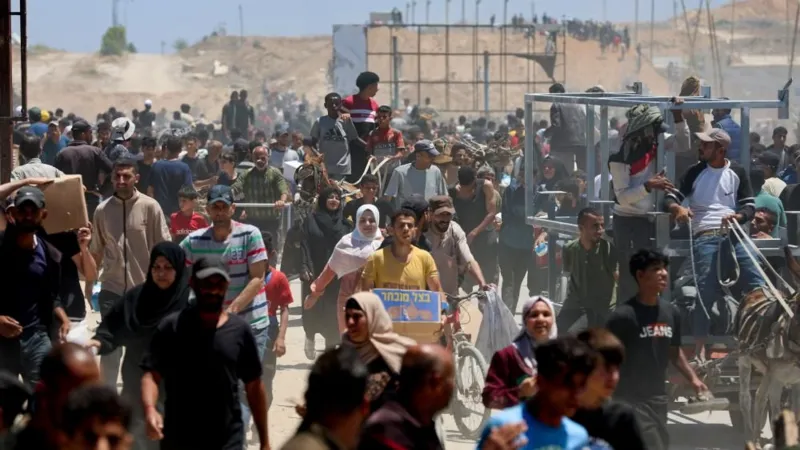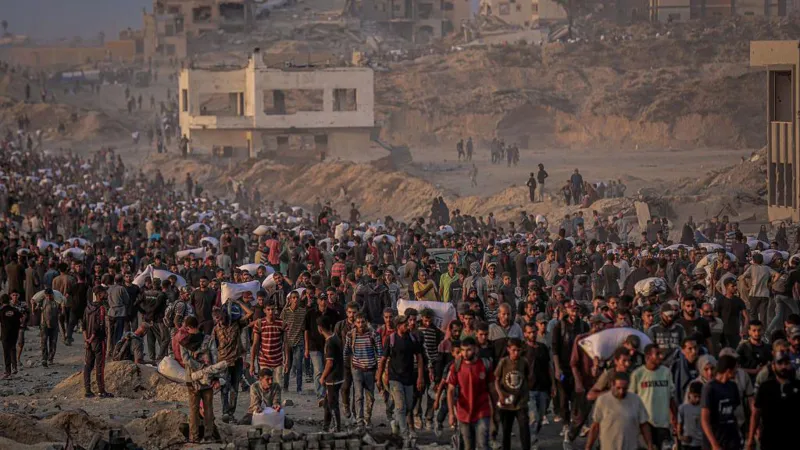Understanding and Confronting Cruelty in All Its Forms
June 30, 2025•482 words
“The only thing necessary for the triumph of evil is for good men to do nothing.” ~ Edmund Burke
“The most dangerous creation of any society is the man who has nothing to lose.” ~ James Baldwin
“Power does not corrupt. Fear corrupts... perhaps the fear of a loss of power.” ~ John Steinbeck
“The sad truth is that most evil is done by people who never make up their minds to be good or evil.” ~ Hannah Arendt
“To destroy a people, you must first deny them the basic means of survival. Starvation is not a side effect of war, it is a weapon.” ~ Jean Ziegler
“Starvation is a war crime. It is not collateral damage, it is a method of extermination.” ~ Jan Egeland
“Collective punishment is forbidden under international law. No grievance, no justification, no rationale can excuse the starving of children.” ~ Agnes Callamard
“Compassion is the radicalism of our time.” ~ Dalai Lama
You don't always see cruelty for what it is right away. It can be subtle, masked in charm, hidden in everyday places, homes, classrooms, workplaces, even the web. But once you do see what to look for, the patterns are clearer. Cruelty is physical abuse, but also includes emotional abuse, financial abuse, and psychological abuse, and neglect and animal abuse. It thrives in secrecy and silence, especially when witnesses do the same. Whether abusive partner, bullying co-worker, animal-abusing child, abusive leader, cruelty oftentimes begins small and grows unchecked.
As you pay closer attention, patterns reveal themselves. In children, it may manifest in aggression, destruction, lying, or lack of remorse and empathy. You may see a child who habitually hurts others or animals and doesn’t seem to mind. In adults, cruelty may begin with jealousy, manipulation, or “humour” that wounds others. Increasingly, these individuals may isolate the ones they are supposed to love, disrespect the feelings of others, and rationalize the behaviour by blaming others. Politicians also are cruel, by implementing policies to consciously harm vulnerable populations, slashing needed services, or demonizing whole populations through propaganda and scapegoating. Some even rationalize wars, sanctions, or economic sieges that wreck the lives of others in other nations, all in the name of national security or economic gain.
Understanding cruelty requires more than recognizing what it looks like, you also need to grasp why it happens. You might find that some people act cruelly due to a lack of empathy, past trauma, or a need for dominance. Social environments that reward aggression or encourage dehumanization can reinforce this behaviour. Politicians often exploit fear and division for personal or political gain, using cruelty as a deliberate tool to maintain control. And while biology may play a part, it's often learned and repeated. Challenge cruelty, and help build a more just and compassionate world.
https://youtu.be/FRz05sNTsP8?si=s2MWGkjAzjFaSuh5




